Hey there, friend. Let’s cut straight to the chase: you’ve probably seen Robert F. Kennedy Jr.’s name pop up in headlines about vaccines, and you’re wondering, “What’s the real story?” In a nutshell, Kennedy is a longtime environmental lawyer who has become one of the most vocal critics of certain vaccine ingredients, especially the mercury‑based preservative thimerosal. He argues that these ingredients are unsafe for children and that the CDC vaccine committee is hiding the truth. Scientists and public‑health agencies, on the other hand, say the data show vaccines are safe and that the alleged risks are either nonexistent or extremely rare. Below we’ll walk through his background, his core claims, what the research actually says, and why this debate matters to anyone who cares about health, safety, and good‑old‑fashioned common sense.
Grab a cup of coffee (or tea, if that’s more your vibe) and let’s dive into the facts, the myths, and the gray areas in between. I’ll keep it friendly, sprinkle in a few anecdotes, and, most importantly, give you tools to decide what you believe and why.
Early Career
Robert F. Kennedy Jr. grew up in a household where public service was practically a family heirloom. His father, Senator Robert F. Kennedy, and his uncle, President John F. Kennedy, shaped his early sense of justice. After a solid education at Harvard, the London School of Economics, and the University of Virginia, Kennedy dove into environmental law. He started at RiverKeeper in 1985, fighting industrial pollution along the Hudson River, and later co‑founded the Waterkeeper Alliance, a global network that protects more than 2.7 million miles of waterways.
Why does this matter for a vaccine conversation? Because his reputation as a fierce advocate for clean water gave him a credibility boost that later spilled over into health‑policy debates. When someone who’s taken on big corporations for the environment suddenly starts questioning “big pharma,” people listen—whether they agree or not.
Key Vaccine Claims
Kennedy’s vaccine critique focuses on three main points:
Thimerosal Controversy
Thimerosal is a mercury‑based preservative that was used in many childhood vaccines to prevent bacterial growth. Kennedy claims that even the tiny amounts present can cause autism, developmental delays, and other neurological issues. He often cites a handful of early studies from the 1990s that suggested a possible link, and he amplifies personal stories of parents who noticed changes in their children after vaccination.
If you’re curious about the nitty‑gritty of this debate, read our deep dive on the thimerosal debate. It walks through why many scientists consider the evidence “refuted” and why the FDA removed thimerosal from most routine childhood shots in the United States in 2001, except for some flu vaccines.
CDC Vaccine Committee & “Safety Concerns”
Kennedy argues that the CDC vaccine committee downplays real vaccine safety concerns to keep immunization rates high. He points to isolated adverse‑event reports and claims that the committee’s “vaccine safety concerns” are merely a PR spin.
Childhood Vaccines & Mandatory Policies
Finally, he questions the necessity of mandatory childhood vaccines, suggesting that parents should have the freedom to choose “natural immunity” over shots. He often references the childhood vaccines exemption debates that have flared in several states.
Scientific Verdict Overview
Here’s where we let the data speak. Multiple large‑scale studies, systematic reviews, and meta‑analyses—spanning decades and involving millions of children—have found no credible link between thimerosal (or any other vaccine component) and autism. The CDC’s own safety page states unequivocally that thimerosal in vaccines is safe at the doses used.
In addition, the World Health Organization and the American Academy of Pediatrics have repeatedly affirmed that the benefits of vaccines far outweigh the rare risks. The CDC vaccine committee follows a transparent, peer‑reviewed process that includes epidemiologists, pediatricians, and statisticians who weigh every reported adverse event against the massive public‑health gains of disease prevention.
| Claim | What Kennedy Says | Scientific Consensus |
|---|---|---|
| Thimerosal causes autism | “Mercury in vaccines is toxic and linked to developmental disorders.” | Large studies (e.g., 2002 JAMA, 2004 NEJM) find no association; thimerosal removed from most vaccines. |
| CDC hides safety concerns | “The committee downplays real risks to keep vaccination rates high.” | CDC publishes Vaccine Adverse Event Reporting System (VAERS) data openly; independent audits confirm transparency. |
| Mandatory childhood shots are unnecessary | “Parents should choose natural immunity.” | Herd immunity thresholds (≈90‑95% for measles) are essential to protect vulnerable populations; natural infection carries far higher morbidity. |
Notice how the scientific side leans heavily on peer‑reviewed research and transparent data sets, while Kennedy’s arguments often lean on anecdotal evidence and selective citations.
Public Health Impact
Why does this back‑and‑forth matter beyond academic debates? Because vaccine confidence directly influences immunization rates. After Kennedy’s high‑profile interviews on podcasts like The Joe Rogan Experience, some states reported a dip in routine childhood‑vaccine appointments, especially for the MMR (measles, mumps, rubella) combo. The CDC documented a 3‑4% drop in measles vaccination coverage in 2023, which coincided with several localized outbreaks.
When uptake falls even a little, herd immunity crumbles. That means not only the unvaccinated but also those who can’t get vaccines—infants, chemotherapy patients, and the immunocompromised—are at higher risk. The vaccine safety concerns that Kennedy raises are real in the sense that adverse events do happen, but they are exceedingly rare and rigorously monitored.
One real‑world example: In 2024, State X paused its school‑entry MMR requirement for a month after a local news segment highlighted Kennedy’s claims. During that pause, an outbreak of measles infected 27 children and two teachers before the policy was reinstated. The episode sparked a heated town‑hall meeting where parents expressed fear, but health officials presented clear epidemiologic data showing the outbreak was preventable with existing vaccines.
Balancing Benefits & Risks
Let’s be honest—no medical intervention is 100% risk‑free. Vaccines can cause mild side effects like soreness, low‑grade fever, or a brief rash. Very rare serious events (e.g., anaphylaxis) occur at a rate of about 1 in a million doses. By contrast, preventable diseases like polio, diphtheria, or measles can lead to permanent disability, hospitalization, or death.
Think of vaccination like wearing a seatbelt. It might feel a bit uncomfortable, and there’s a minuscule chance the belt could cause a bruise, but the protection it offers in a crash is undeniable. The same logic applies to the immune system’s “training” via vaccines.
If you’re navigating this maze as a parent, here are three practical steps:
- Ask your pediatrician for the Vaccine Information Statement (VIS) for each shot—these are concise, government‑approved fact sheets.
- Check reputable sources like the CDC or WHO for up‑to‑date safety data.
- Consider the community impact: choosing not to vaccinate can affect classmates, grandparents, and friends who may be medically vulnerable.
Final Takeaway Summary
Robert F. Kennedy Jr. is a charismatic, experienced advocate who has channeled his activist energy from rivers to vaccines. His concerns about thimerosal and the perceived opacity of the CDC vaccine committee resonate with many parents who feel overwhelmed by medical jargon. However, the weight of scientific evidence—spanning thousands of peer‑reviewed studies, global health organization endorsements, and transparent monitoring systems—shows that the benefits of vaccines overwhelmingly surpass the tiny, well‑documented risks.
So where does that leave you? I’d say lean on the data, keep the dialogue open with your healthcare provider, and remember that the goal of vaccination is not just personal protection but community health. If you ever feel unsure, revisit the resources we’ve linked, ask questions, and trust that the scientific process, messy as it can be, is designed to keep us safe.
What do you think about the balance between personal choice and public health? Have you ever faced a vaccine‑related decision that left you searching for answers? Feel free to share your story with a friend, a family member, or a trusted medical professional—you’re not alone in this conversation.

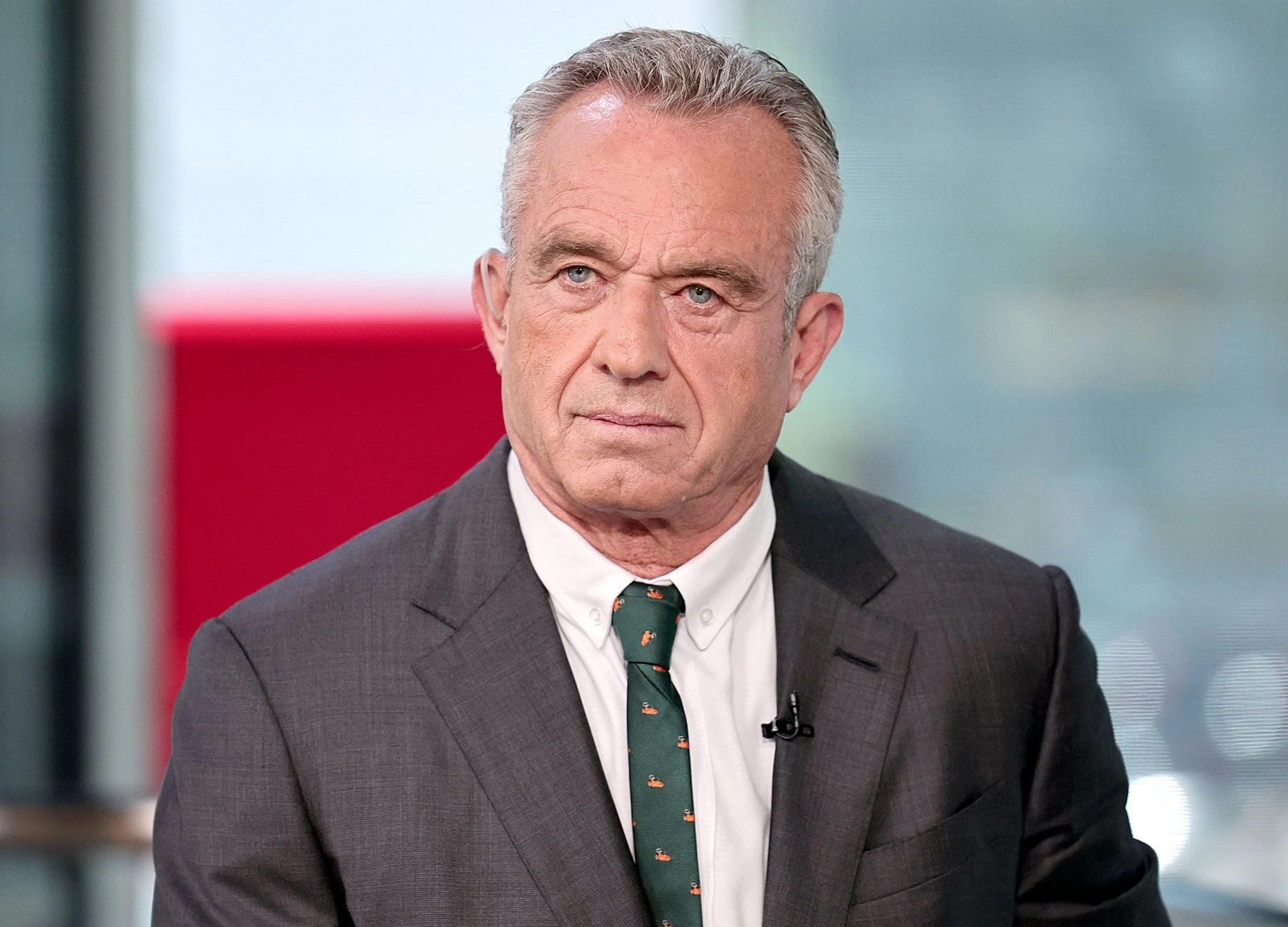


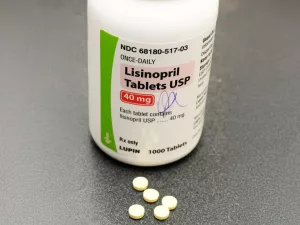
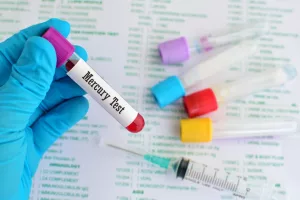







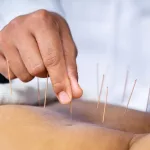






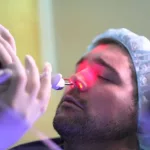




Leave a Reply
You must be logged in to post a comment.